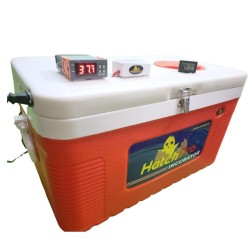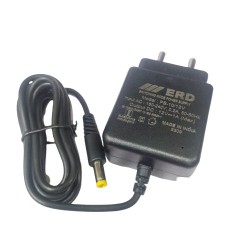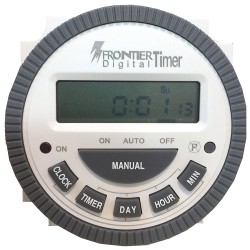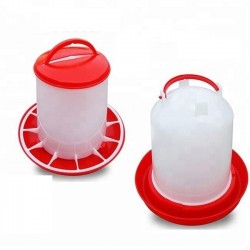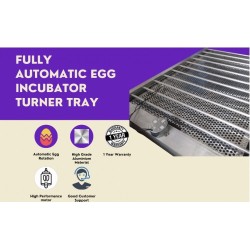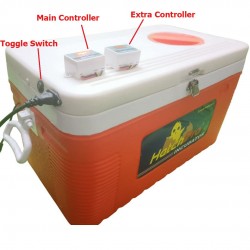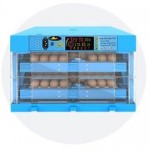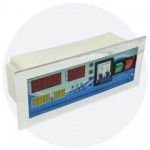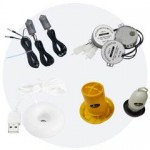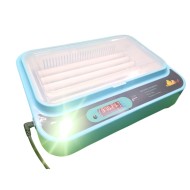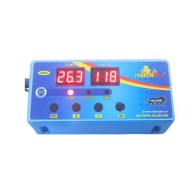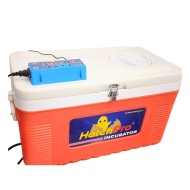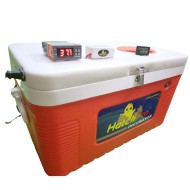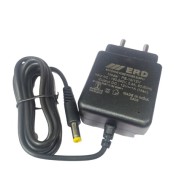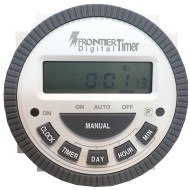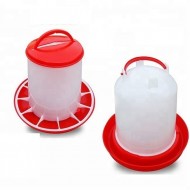-
All Departments
Sale
- Shop by Category
-
Special Deals
Sale
Product Description: Experience the epitome of quality and efficiency with our advanced egg incubator. Crafted with precision using the finest compon..Rs.6,250.00 Rs.8,960.00Ex Tax:Rs.5,580.36This is hatchpro Rb20 automatic digital controller for egg incubator . Person can use in DIY egg incubator to controlling all incubator functions like..Rs.700.00 Rs.1,178.82Ex Tax:Rs.593.22ERD 1 Amps Adapter..Rs.390.00 Rs.470.82Ex Tax:Rs.330.51About This ItemFrontier Timer with Replaceable BatteriesDisplay & Control: LCD display with microprocessor control, ensuring top-quality performan..Rs.600.00 Rs.1,178.82Ex Tax:Rs.508.47This is feeder and drinker for poultry farmer or backyard farming .By feeder , poultry birds like chicken etc eat the feed from it..Rs.200.00 Rs.824.82Ex Tax:Rs.169.49This is feeder and drinker for poultry farmer or backyard farming .By feeder , poultry birds like chicken etc eat the feed from it..Rs.330.00 Rs.782.88Ex Tax:Rs.294.64The Hatchpro 100 egg turner tray automatically rolls eggs thanks to the use of a high-capacity electric motor. It is constructed o..Rs.2,999.00 Rs.3,358.88Ex Tax:Rs.2,677.68This Hatchpro egg incubator can hatch 100 eggs like hen, duck, quail, guinea etc. It is one of the best low-cost eg..Rs.6,800.00 Rs.11,198.88Ex Tax:Rs.6,071.43
- See All Products New
-
All Categories
A 36-egg incubator is an automatic incubator with automatic turning and temperature control. Any type of medium egg, such as chicken or duck, as well ..Rs.4,200.00 Rs.8,999.00Ex Tax:Rs.3,750.00This is hatchpro Rb20 automatic digital controller for egg incubator . Person can use in DIY egg incubator to controlling all incubator functions like..Rs.700.00 Rs.1,178.82Ex Tax:Rs.593.22Discover the HatchPro 50-Egg Incubator, a fully automatic solution for your egg hatching needs. Featuring a new, upgraded incubator controller and a d..Rs.6,200.00 Rs.8,958.88Ex Tax:Rs.5,535.71Product Description: Experience the epitome of quality and efficiency with our advanced egg incubator. Crafted with precision using the finest compon..Rs.6,250.00 Rs.8,960.00Ex Tax:Rs.5,580.36This is hatchpro Rb20 automatic digital controller for egg incubator . Person can use in DIY egg incubator to controlling all incubator functions like..Rs.700.00 Rs.1,178.82Ex Tax:Rs.593.22ERD 1 Amps Adapter..Rs.390.00 Rs.470.82Ex Tax:Rs.330.51About This ItemFrontier Timer with Replaceable BatteriesDisplay & Control: LCD display with microprocessor control, ensuring top-quality performan..Rs.600.00 Rs.1,178.82Ex Tax:Rs.508.47This is feeder and drinker for poultry farmer or backyard farming .By feeder , poultry birds like chicken etc eat the feed from it..Rs.200.00 Rs.824.82Ex Tax:Rs.169.49
- Quiz Competition Win Prizes
- Product Videos Watch
- Blog
For any query you can call on 8459524313/8700619529.
0 item(s) - Rs.0.00
0
-
Your shopping cart is empty!


